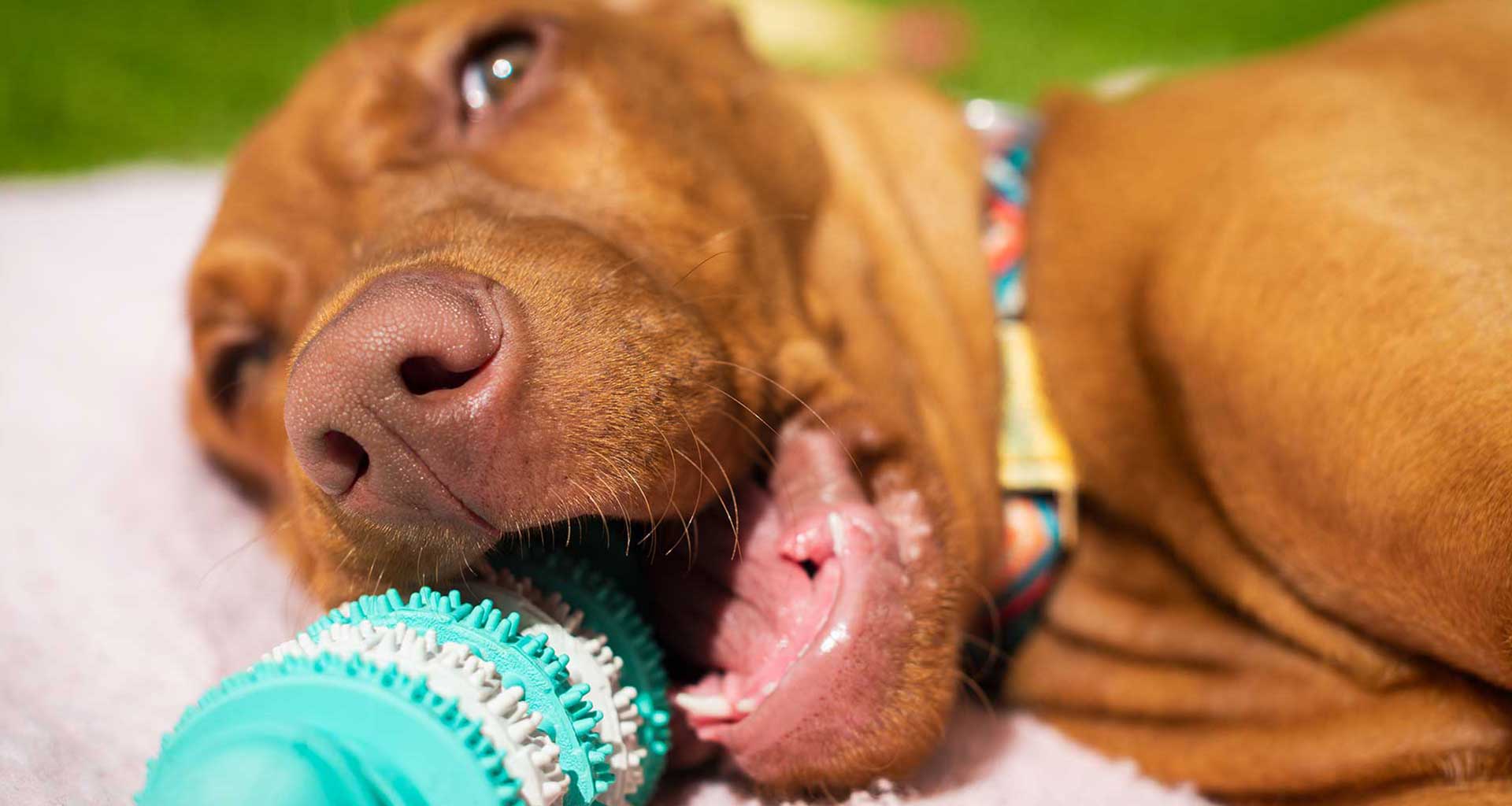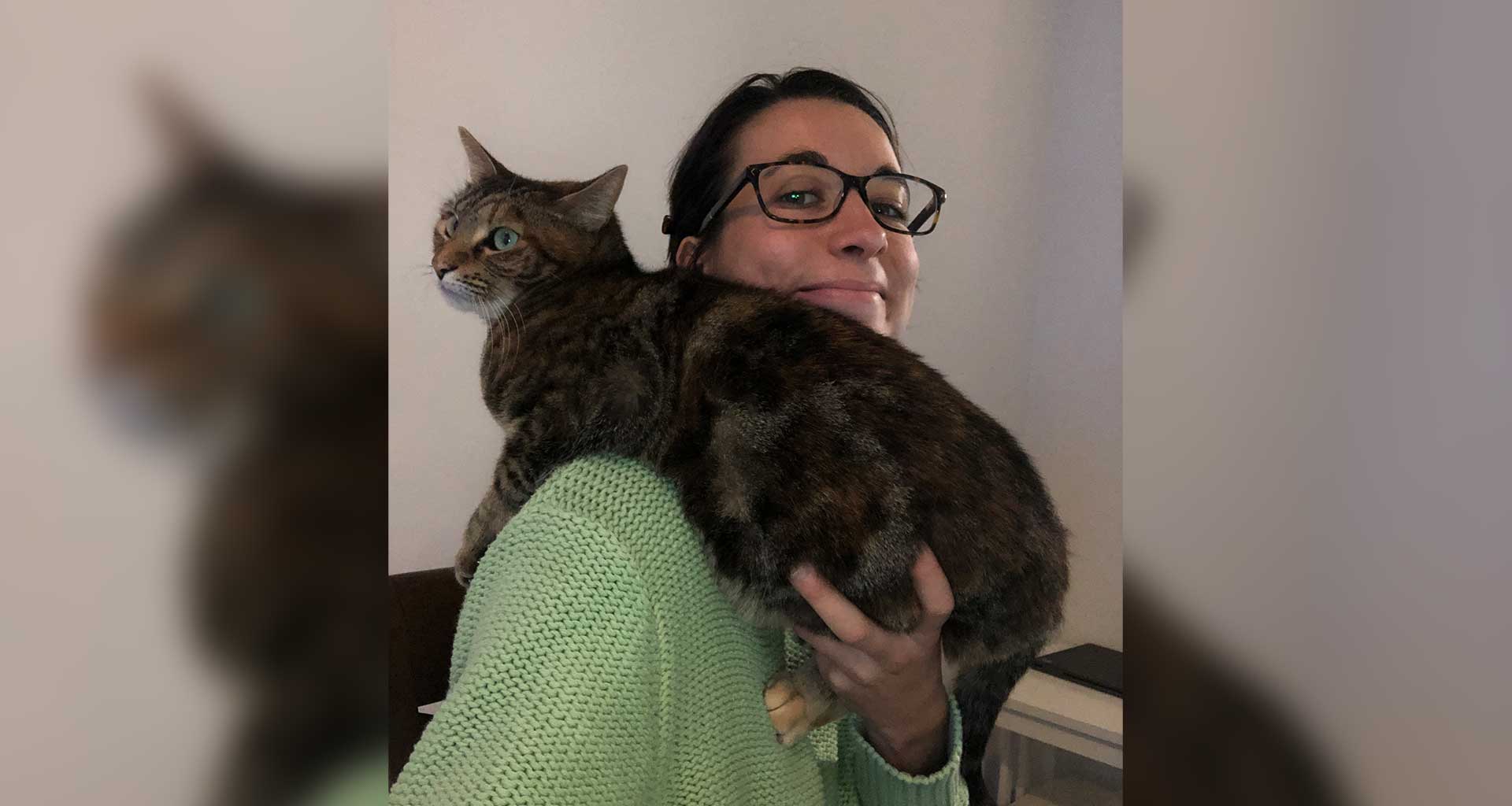As pet parents we can often forget that our furry family members aren’t just small versions of ourselves when it comes to food! While they may like a piece of bacon as a tasty treat or reward for good behaviour, foods that are high in fat – like bacon – are not as easily managed by our pet’s digestive system.
What is the Pancreas?
The Pancreas is an enzyme producing gland that is part of an animal’s digestive system. The Pancreas is essential in aiding proper digestion and maintaining blood glucose levels and can cause serious issues if not functioning properly.
What causes Pancreatitis?
When we allow our pets to indulge in foods that are high in fat, such as pork, beef or lamb, it can cause inflammation in the pancreas. Obesity can also increase the risk of your pet developing pancreatitis.
Symptoms of Pancreatitis
Pancreatitis can develop rapidly in both dogs and cats and if left untreated can sometimes cause permanent damage, peritonitis and even death.
The common symptoms include:
- Anorexia/no appetite
- Vomiting
- Weakness/Lethargy
- Fever
- Abdominal pain
- Dehydration
- Diarrhea
Diagnosing Pancreatitis
There are a range of clinical processes used to diagnose pancreatitis in your pet. Blood tests, x-rays and ultrasound are the key means of collection supportive information for a diagnosis. Pancreatitis often needs to be treated at the veterinary clinic, including potential hospitalization, as your pet will require intravenous fluids, pain medications to manage the pain associated with this disease, anti-nausea and antiemetics and sometimes antibiotics.
How to avoid pancreatitis in pets
Avoid giving you pets treats and foods that are high in fat, as well as maintaining a healthy weight for you pet. If you are unsure about which foods are best, stick to the pet food recommended by our Veterinarians.


